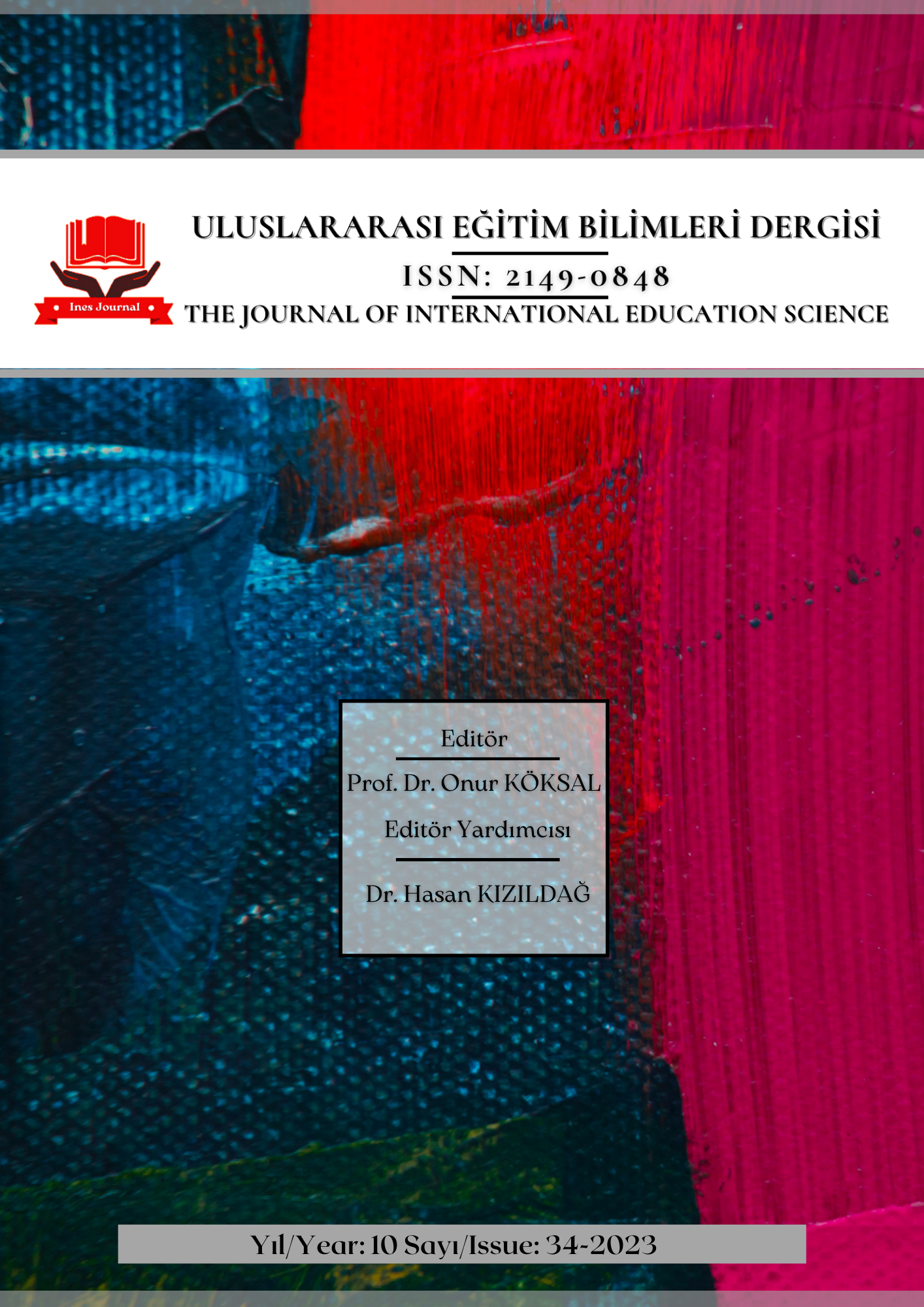Z Kuşağı Şehir ve Bölge Planlama Öğrencilerinin Eğitim Performansı ve Talepleri Üzerine Bir Tartışma
Author :
Abstract
Araştırmanın ana odağında yer alan Z kuşağı, literatürde genellikle 1990'ların ortası ile 2010 yılları arasında doğan nüfus olarak belirtilmektedir. Bu kuşağın eğitim alışkanlıkları diğer kuşaklardan ve geleneksel yaklaşımlarımızdan farklıdır. Geleceğin kentlerinin ana tasarımcısı/planlayıcısı rolünü üstlenecekleri için şehir ve bölge planlama bölümlerindeki eğitim politikalarında Z kuşağına yönelik tartışmaların yapılması gerekmekte olup, bu yaklaşım çalışmanın temel amacını oluşturmaktadır. Bu kapsamda Kırklareli Üniversitesi, şehir ve bölge planlama bölümü öğrencileriyle 2019 ve 2021 yıllarında yapılmış anketler karşılaştırmalı bir şekilde incelenmiş ve talepler genel literatür çerçevesinde değerlendirilmiştir. Çalışma şehir ve bölge planlama bölümü eğitim politikalarına Z kuşağı ekseninde değerlendirme yaparak literatüre katkı sunmayı hedeflerken, anket dönemleri ile ayrıca uzaktan eğitim öncesi/sonrası karşılaştırması da yapılmaktadır.
Keywords
Abstract
Generation Z, which is the focus of the research, is generally stated in the literature as the population born between the mid-1990s and 2010. The educational habits of this generation are different from other generations and our traditional approaches. Since they will assume the role of the leading designer/planner of the cities of the future, it is necessary to discuss the education policies of the urban and regional planning departments for the Z generation, and this approach constitutes the aim of the study. In this context, the surveys made with the students from Kırklareli University, urban and regional planning department in 2019 and 2021 were examined comparatively and the requests were evaluated within the framework of the general literature. While the study aims to contribute to the literature by evaluating the education policies of the urban and regional planning on the axis of the Z generation, a comparison of the survey periods and before/after distance education is also made.
